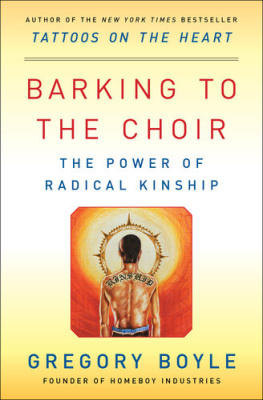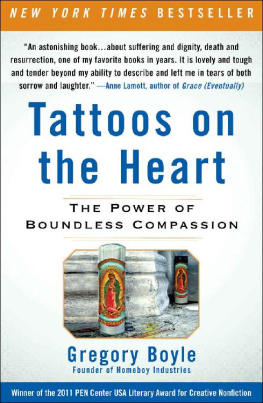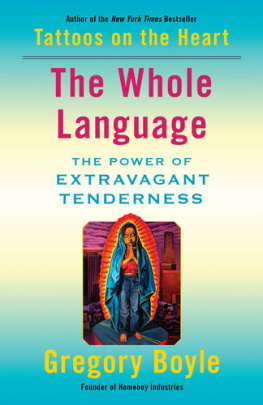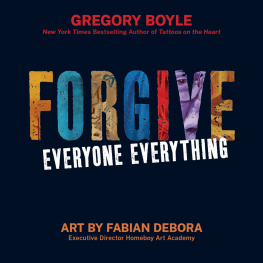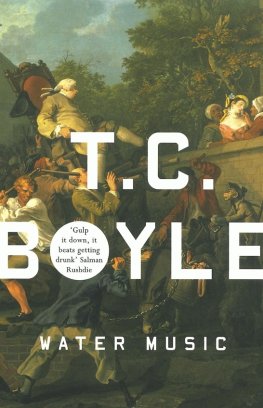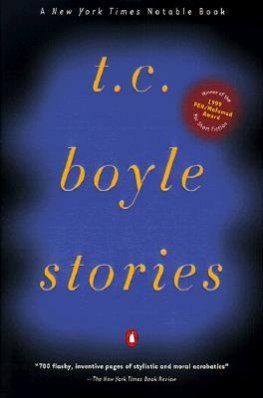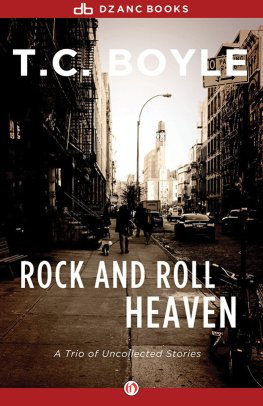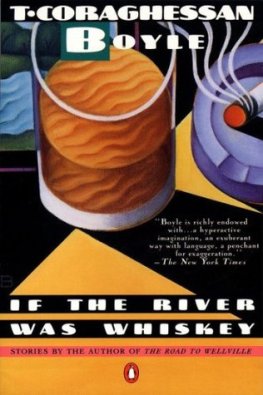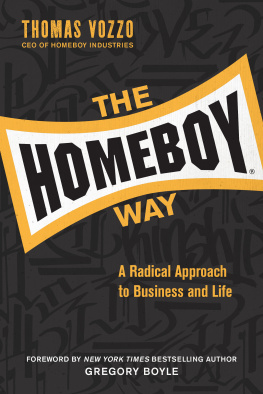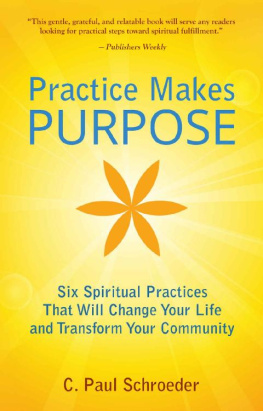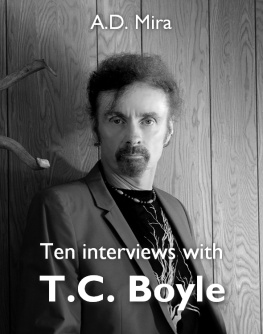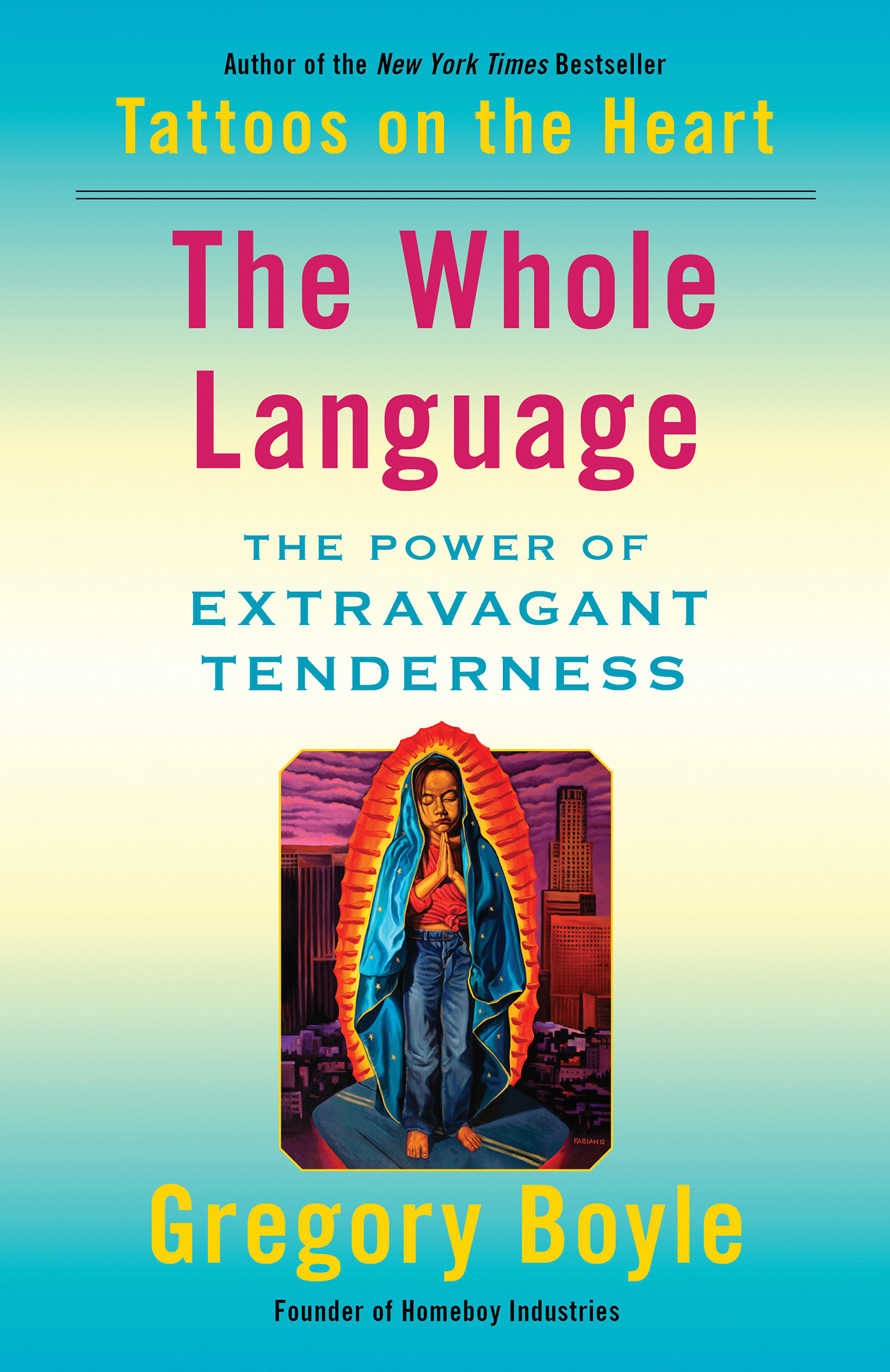Gregory Boyle - The Whole Language: The Power of Extravagant Tenderness
Here you can read online Gregory Boyle - The Whole Language: The Power of Extravagant Tenderness full text of the book (entire story) in english for free. Download pdf and epub, get meaning, cover and reviews about this ebook. year: 2021, publisher: Avid Reader Press / Simon & Schuster, genre: Religion. Description of the work, (preface) as well as reviews are available. Best literature library LitArk.com created for fans of good reading and offers a wide selection of genres:
Romance novel
Science fiction
Adventure
Detective
Science
History
Home and family
Prose
Art
Politics
Computer
Non-fiction
Religion
Business
Children
Humor
Choose a favorite category and find really read worthwhile books. Enjoy immersion in the world of imagination, feel the emotions of the characters or learn something new for yourself, make an fascinating discovery.
- Book:The Whole Language: The Power of Extravagant Tenderness
- Author:
- Publisher:Avid Reader Press / Simon & Schuster
- Genre:
- Year:2021
- Rating:5 / 5
- Favourites:Add to favourites
- Your mark:
The Whole Language: The Power of Extravagant Tenderness: summary, description and annotation
We offer to read an annotation, description, summary or preface (depends on what the author of the book "The Whole Language: The Power of Extravagant Tenderness" wrote himself). If you haven't found the necessary information about the book — write in the comments, we will try to find it.
Over the past thirty years, Gregory Boyle has transformed thousands of lives through his work as the founder of Homeboy Industries, the largest and most successful gang-intervention program in the world. Boyles new book, The Whole Language, follows the acclaimed bestsellers Tattoos on the Heart, hailed as an astounding literary and spiritual feat (Publishers Weekly) that is destined to become a classic of both urban reportage and contemporary spirituality (Los Angeles Times), and Barking to the Choir, deemed a beautiful and important and soul-transporting book by Elizabeth Gilbert, and declared by Ann Patchett to be a book that shows what the platitudes of faith look like when theyre put into action.
In a community struggling to overcome systemic poverty and violence, The Whole Language shows how those at Homeboy Industries fight despair and remain generous, hopeful, and tender. When Saul was thirteen years old, he killed his abusive stepfather in self-defense; after spending twenty-three years in juvenile and adult jail, he enters the Homeboy Industries training and healing programs and embraces their mission. Declaring, Ive decided to grow up to be somebody I always needed as a child, Saul shows tenderness toward the young men in his former shoes, treating them all like his sons and helping them to find their way. Before coming to Homeboy Industries, a young man named Abel was shot thirty-three times, landing him in a coma for six months followed by a year and a half recuperating in the hospital. He now travels on speaking tours with Boyle and gives guided tours around the Homeboy offices. One day a new trainee joins Abel as a shadow, and Abel recognizes him as the young man who had put him in a coma. You give good tours, the trainee tells Abel. They both have embarked on a path to wholeness.
Boyles moving stories challenge our ideas about God and about people, providing a window into a world filled with fellowship, compassion, and fewer barriers. Bursting with encouragement, humor, and hope, The Whole Language invites us to treat othersand ourselveswith acceptance and tenderness.
Gregory Boyle: author's other books
Who wrote The Whole Language: The Power of Extravagant Tenderness? Find out the surname, the name of the author of the book and a list of all author's works by series.

